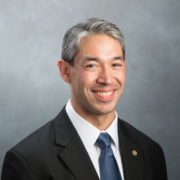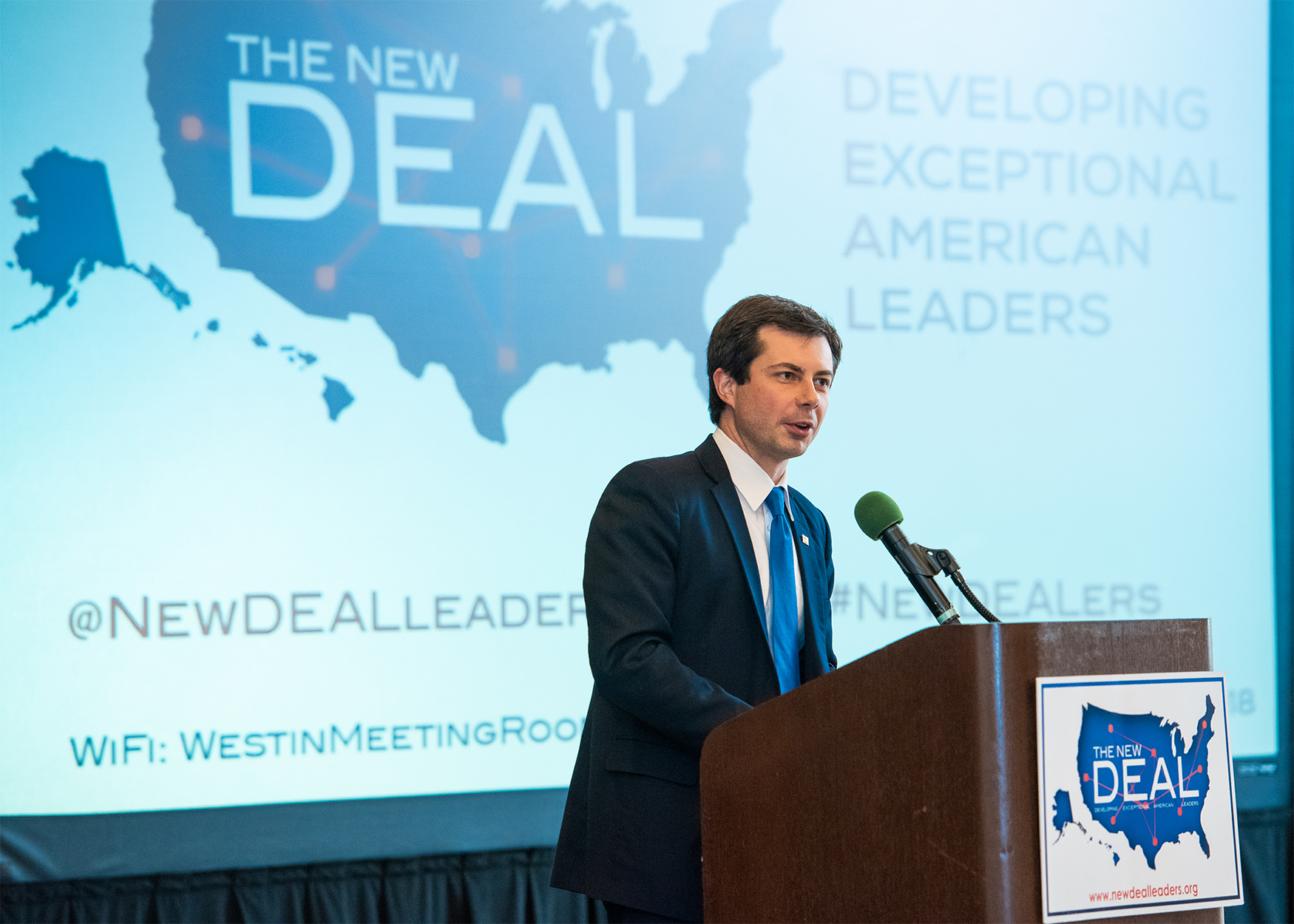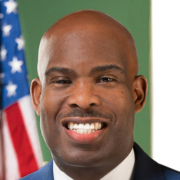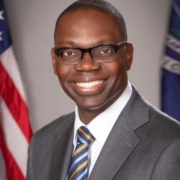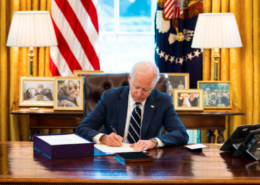ARP: Lincoln NE, Supporting Small Businesses
Thanks to the American Rescue Plan, hundreds of small businesses in Lincoln received up to $60,000 to pre-pay six months of rent or mortgage. In total, the city spent $7 million on the program.
Mayor Leirion Gaylor Baird’s Small Business Stabilization Grants program targeted businesses with up to 50 employees. To ensure smaller businesses were not left out, $2 million of this funding was set aside to help businesses with five or fewer employees.
As of late February 2022, more than 250 small businesses received a grant, impacting more than 2800 employees, according to the mayor’s office. Daryl Dickerson, owner of Sandy’s bar, is one of the small businesses that was helped.
Dickerson said the grant “could not have come at a better time for us.” The COVID-19 Omicron wave “knocked us back quite a bit and made us seriously question the viability of our bar, or any bar for that matter, when the general public just doesn’t feel comfortable being in tight spaces with a crowd of people.”
Mayor Gaylor Baird said she is proud that the American Rescue Plan helped Lincoln support “small businesses that were disproportionately impacted” by the pandemic. She noted that those businesses “staff over 2,800 community members as employees.“
Update
Data shared by Gaylor Baird’s office shows the program has spent $7 million to support 263 small businesses, impacting more than 3000 employees.
Additionally, Gaylor Baird invested $1.2 million in utility grants to cover a year of electric and water payments for small businesses. As of February 2023, Lincoln has helped 160+ businesses, which will not receive a utility bill for the rest of the year, allowing them to hire additional staff and complete maintenance that was deferred during the pandemic.


